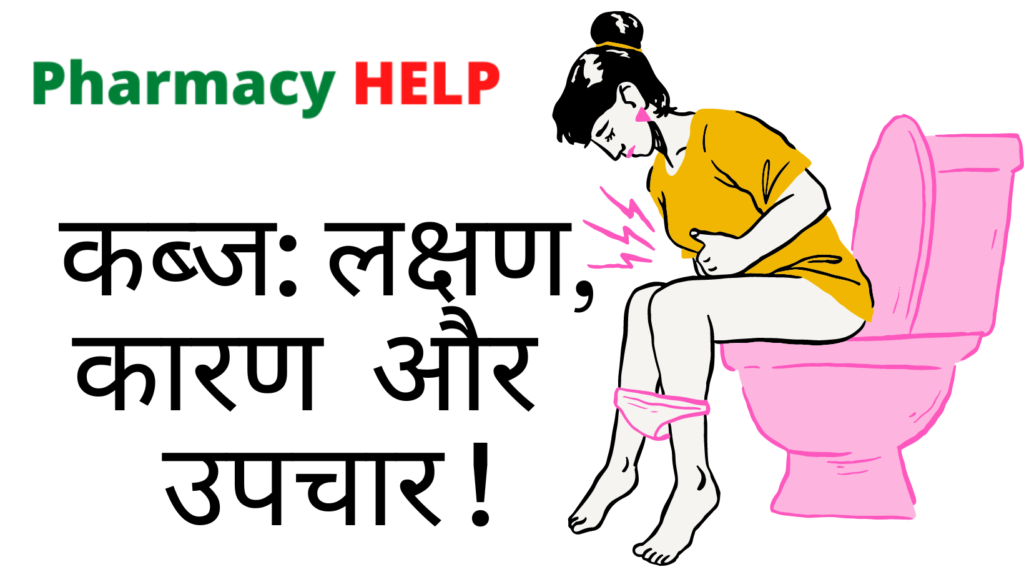
Rectam Cancer (Rectal Cancer): Causes, Symptoms, Diagnosis, and Treatment
In this detailed article, we delve into the important topic of rectal cancer: its causes, symptoms, diagnosis, and treatment options. With a focus on providing accurate and valuable information, we aim to help you understand this condition better. Whether you’re seeking to enhance your awareness of rectal cancer for personal reasons or are supporting someone who is dealing with it, this guide offers insights that can assist you on your journey.
Everything You should know
ToggleRectum cancer starts in the Rectum. Primarily Rectum cancer affects the Rectum but sometimes it affects the colon also. Rectum cancer is uncontrolled growth inside the colon called polyps. Regular screening tests help prevent Rectum cancer by identifying and removing polyps before turning them into Rectum cancer.
Causes of Rectal Cancer
Rectal cancer, like many other types of cancer, typically develops due to a combination of genetic and environmental factors. While the exact cause may vary from person to person, several risk factors have been identified:
Genetic Predisposition: Individuals with a family history of colorectal cancer or specific genetic mutations, such as Lynch syndrome, have an increased risk of developing rectal cancer.
Age: Advancing age is a significant risk factor. Most cases of rectal cancer occur in individuals over the age of 50.
Diet and Lifestyle: A diet high in red and processed meats, low in fiber, and lacking in fruits and vegetables may contribute to the development of rectal cancer. Additionally, obesity, smoking, and excessive alcohol consumption are associated with an elevated risk.
Inflammatory Bowel Diseases: Chronic inflammatory conditions of the colon, such as ulcerative colitis and Crohn’s disease, can increase the risk of rectal cancer over time.
Symptoms of Rectal Cancer
Recognizing the symptoms of rectal cancer is vital for early detection and effective treatment. Common symptoms include:
- Persistent changes in bowel habits, such as diarrhea or constipation.
- Blood in the stool or rectal bleeding.
- Abdominal discomfort, pain, or cramps.
- Unexplained weight loss and fatigue.
- Feeling of incomplete bowel movement.
- Narrow stools.
It’s important to note that these symptoms can be indicative of other conditions as well. If you experience any of these signs, it’s advisable to consult a healthcare professional for accurate diagnosis and guidance.
Diagnosis of Rectal Cancer
Diagnosing rectal cancer involves a combination of medical history review, physical examination, and diagnostic tests:
Colonoscopy: This procedure allows doctors to visually inspect the rectum and colon for abnormalities. Biopsies can also be taken during a colonoscopy to confirm the presence of cancer cells.
Imaging Tests: Imaging techniques such as CT scans, MRI, and PET scans help determine the extent of cancer and whether it has spread to other parts of the body.
Biopsy: A tissue sample is obtained from the rectal tumor and examined under a microscope to confirm the presence of cancer cells.
Treatment of Rectal Cancer
The treatment approach for rectal cancer depends on various factors, including the stage of cancer, overall health, and individual preferences. Treatment options include:
Surgery: Surgery is often the primary treatment for rectal cancer. It involves removing the tumor and surrounding tissue. In some cases, a colostomy or ileostomy may be necessary.
Radiation Therapy: Radiation therapy uses high-energy rays to target and destroy cancer cells. It can be used before surgery to shrink tumors or after surgery to kill remaining cancer cells.
Chemotherapy: Chemotherapy involves the use of powerful drugs to kill cancer cells. It can be used before or after surgery, or in combination with radiation therapy.
Targeted Therapy: Targeted drugs are designed to specifically target cancer cells while minimizing damage to healthy cells. These drugs may be used in combination with other treatments.



